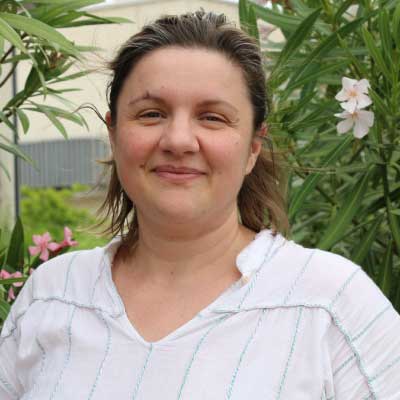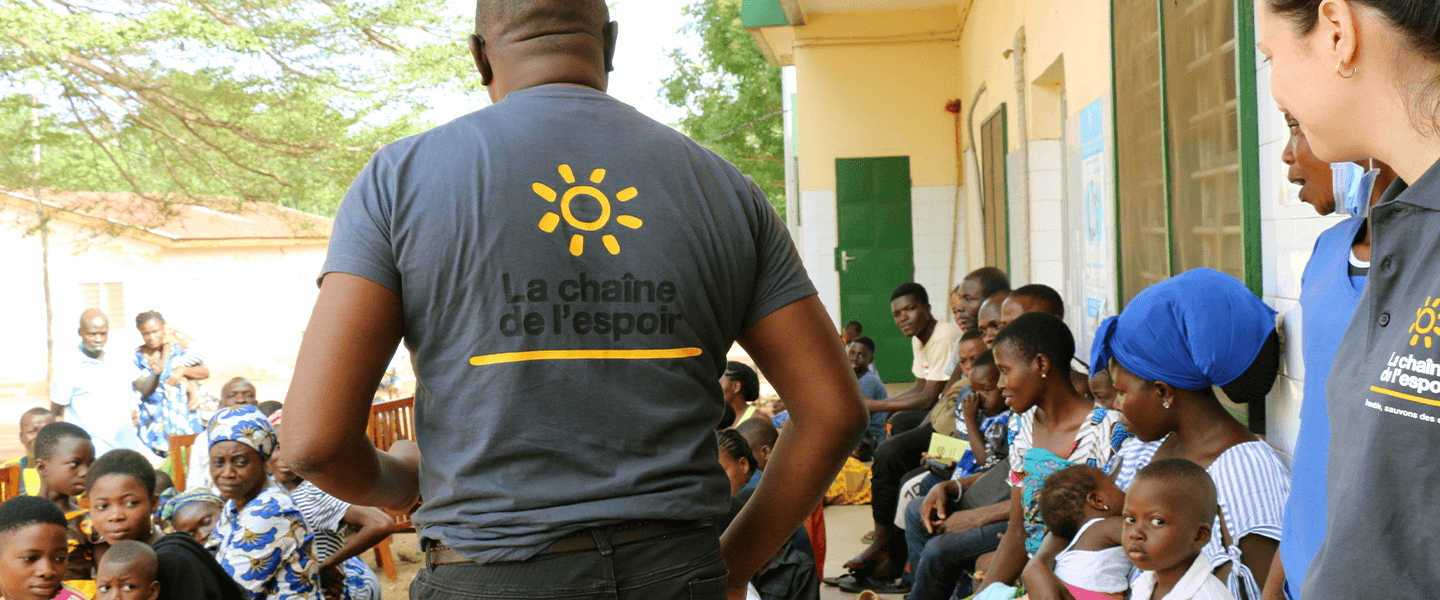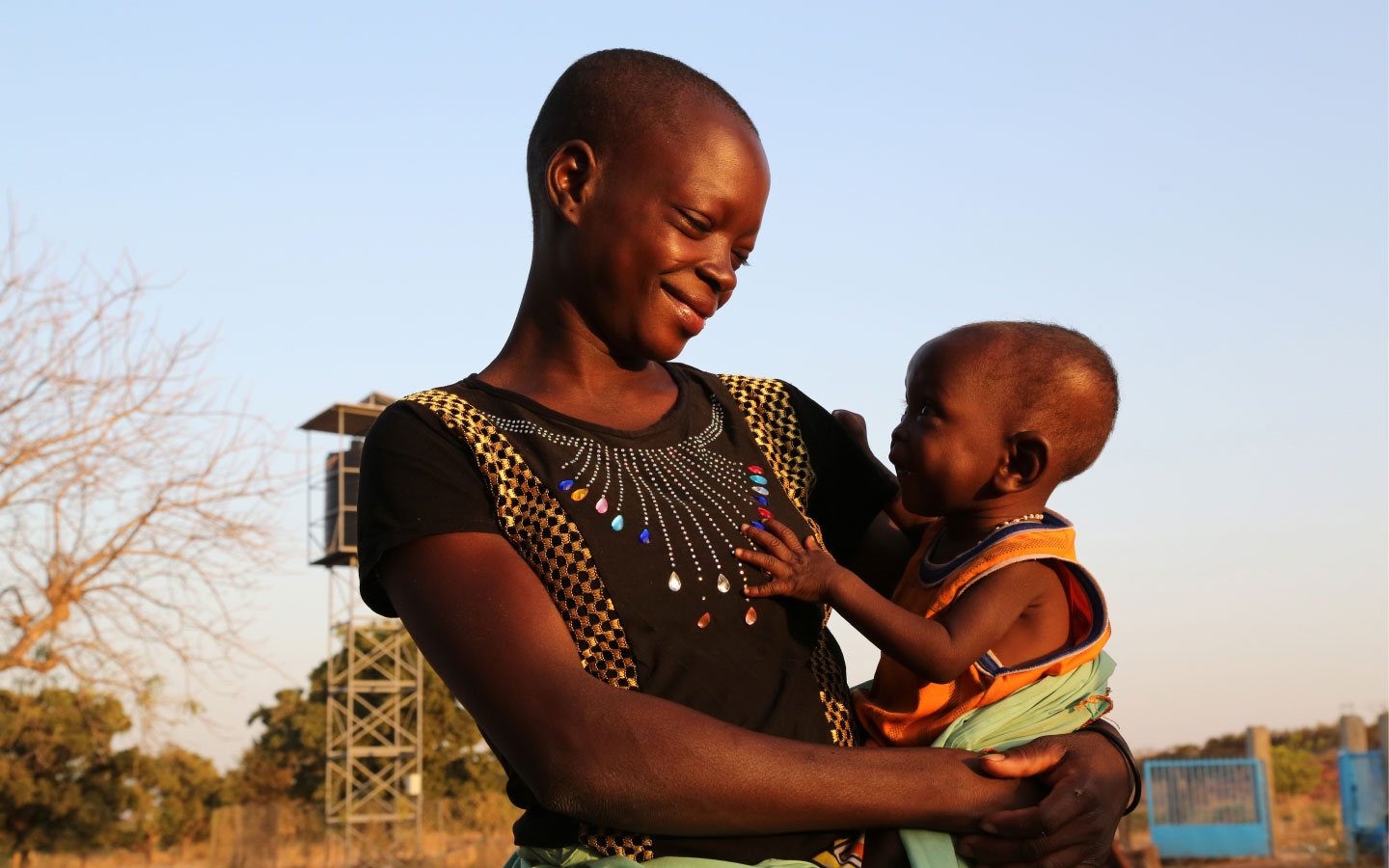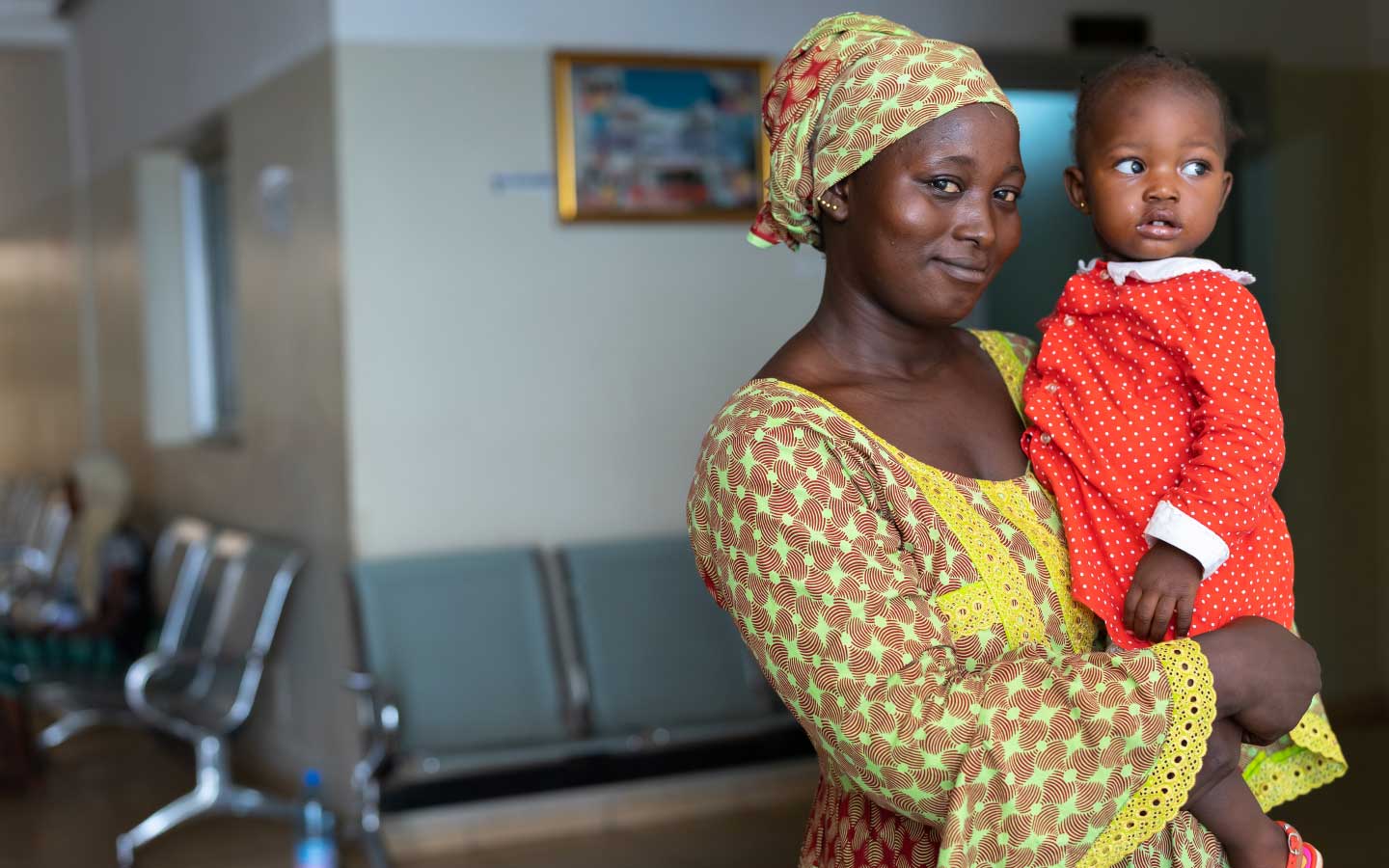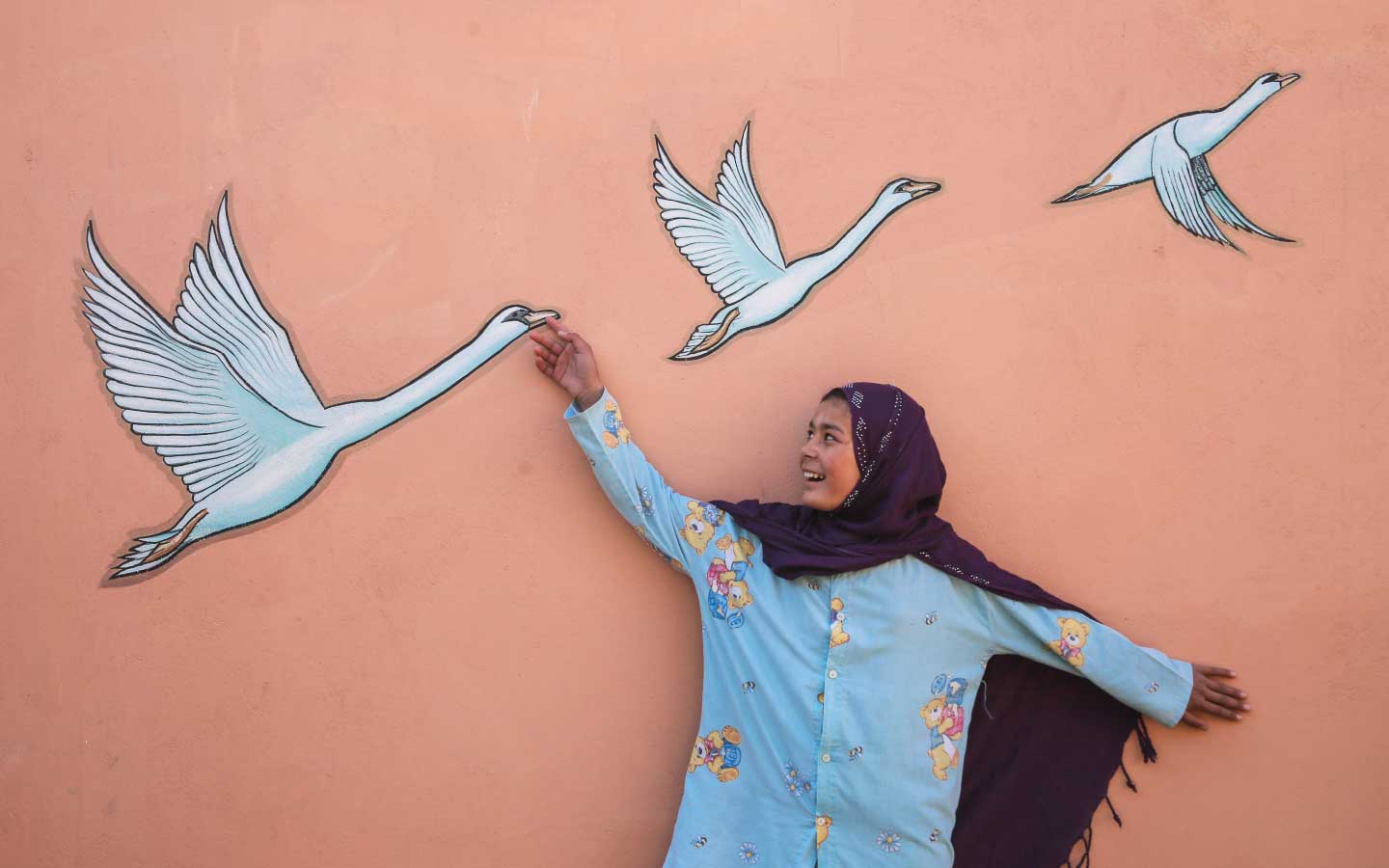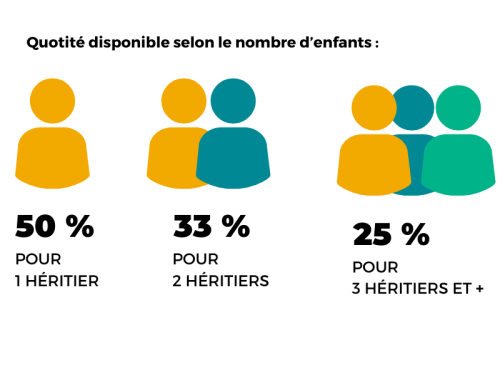Legacies

La Chaîne de l’Espoir only accepts legacies under French law and can’t process testamentary donations from abroad.
Legacies: giving meaning to your legacy

Making a bequest to La Chaîne de l’Espoir allows you to maintain your important values after your death, while preserving the interests of your loved ones. Your bequest provides a fundamental financial contribution to the continuation of our programs aimed at promoting access to healthcare for children in countries with insufficient infrastructures and qualified medical personnel. Children are our future.

Why make a bequest to La Chaîne de l’Espoir?
Your legacy in action
40 000 €
= 120 children operated on during a touring mission.
242 000 €
= 100 children operated on for orthopedic conditions.
Raymond, aged 70, husband of Geneviève, legatee
Which will to choose?
There are two most common forms of will:
Holograph wills
This is the easiest will to make, since you draw it up yourself:
- be entirely in your own handwriting, dated and signed.
- you must ensure that it is preserved: it is advisable to file your will with your notary and have it registered with the Fichier Central des Dispositions des Dernières Volontés.
Authentic wills
- the notary himself draws up the will on your instructions, in the presence of either two witnesses or a second notary.
- the advantages of an authentic will are undeniable: it is difficult to contest, there is no risk of loss, theft or intentional destruction, the notary is responsible for its safekeeping and it is systematically registered in the Fichier Central des Dispositions des Dernières Volontés.
How can you donate all or part of your estate to La Chaîne de l’Espoir?
The universal legacy
Universal bequest
Legacies of particular title
Your questions, our answers
I have children. How much of my inheritance should I reserve for my heirs?
These are the children and the surviving spouse.
This minimum share is guaranteed by law and cannot be legally set aside by the testator in his will. It provides protection for heirs with reserved rights, ensuring that they receive a fair share of the inheritance, even if the deceased has drawn up a will.
In general, the minimum share varies according to the number of heirs and the family situation of the deceased:
The available portion is that part of the estate which is not subject to the strict rules of the hereditary reserve and which can be distributed according to the wishes of the deceased by will.
What information should I include in my will?
- It is essential, when reading the will, to be able to clearly identify the legatees.
Thus, for La Chaîne de l’Espoir, it should be designated as follows:
La Chaîne de l’Espoir, 56 rue des Morillons 75015 PARIS - The assets bequeathed to the beneficiary must be described in detail (e.g. property address, bank account number and address, etc.). It is not advisable to list all your assets in your will, as your estate may change as a result of events in your life (e.g. sale of a property, financing a stay in a retirement home, etc.). So it’s crucial to plan ahead for certain things, such as funeral arrangements or the fate of pets. These decisions must be written outside the will and shared with a close relative, a trusted person, or with La Chaîne de l’Espoir if it has been appointed to manage the entire estate.
What's the difference between a universal legatee and an executor?
- Unlike heirs, executors do not inherit the deceased’s property. His or her main mission is to ensure that the wishes expressed in the will are respected. This role is generally voluntary, unless the deceased has provided for a modest reward, often referred to as “the diamond”. The appointment of an executor is optional. In practice, notaries and the universal legatee’s supervisory bodies are already responsible for verifying compliance with testamentary provisions.
- The universal legatee takes over the deceased’s entire succession, inheriting all his or her property and rights. This means, for example, that he or she will continue the legal proceedings initiated by the deceased, and will automatically become the employer of the home helps he or she employed.
In the absence of a known heir, the appointment of a universal legatee is essential to facilitate management of the estate; failing this:
The notary is obliged to appoint a genealogist to search for blood heirs up to the 6th degree (a long and costly procedure).
If there are no heirs, the estate will be declared vacant and passed on to the Service du Domaine for settlement (also a lengthy procedure)
The appointment of several universal legatees in a will has the consequence of making estate management more cumbersome, delaying progress and incurring considerable costs, particularly in the case of real estate which may deteriorate over time.
For your information, the time required to settle such an estate can vary from five to ten years.
What is a bequest with delivery of a specific legacy?
La Chaîne de l’Espoir reserves the right to refuse a bequest if:
- the estate is in deficit (liabilities exceed assets)
- if the testamentary charge (will of the testator) does not fall within the scope of La Chaîne de l’Espoir’s mission.
- if the association is responsible for issuing bequests net of fees and charges for substantially all of its net assets.
How does La Chaîne de l'Espoir go about settling an estate?
In the event of the death of a benefactor who has made a donation to La Chaîne de l’Espoir, the notary in charge of the estate will contact our association’s Liberalities Department, initially with copies of the death certificate and testamentary dispositions.
The notary takes the usual steps and informs the various organizations with which the deceased was affiliated. He or she gathers information on the deceased’s civil status and family situation, and draws up a complete balance sheet of the deceased’s assets (financial assets and debts, real estate valuation, inventory of movable property) in order to establish a precise statement of the estate’s assets and liabilities.
The notary also takes precautionary measures by requesting cash advances from the deceased’s banks for the payment of bills, rent, taxes, condominium fees, insurance….
Once La Chaîne de l’Espoir is in possession of all the necessary documents, the file is presented to its Board of Directors, who decide to accept the bequest, which is then declared to the Prefecture in accordance with the administrative acceptance procedure for declared associations (article 910. II. Code Civil).
Then, with the authorization of La Chaîne de l’Espoir, the notary requests the total release of financial assets and, if necessary, the sale of securities or the redemption of capitalization contracts.
Once the debts have been settled and the deeds of the estate signed, La Chaîne de l’Espoir takes definitive possession of the financial assets and property bequeathed to it.
What happens to bequests?
Personal papers are destroyed unless the deceased has left instructions to the contrary (photographs, family documents, etc.).
Real estate is sold at market price. They can be sold either:
- through real estate agencies
- by notary office negotiation services
- by auction via the Chambres des Notaires Départementales or Immo-Interactif (online sales based on calls for tender organized and monitored by notaries)
